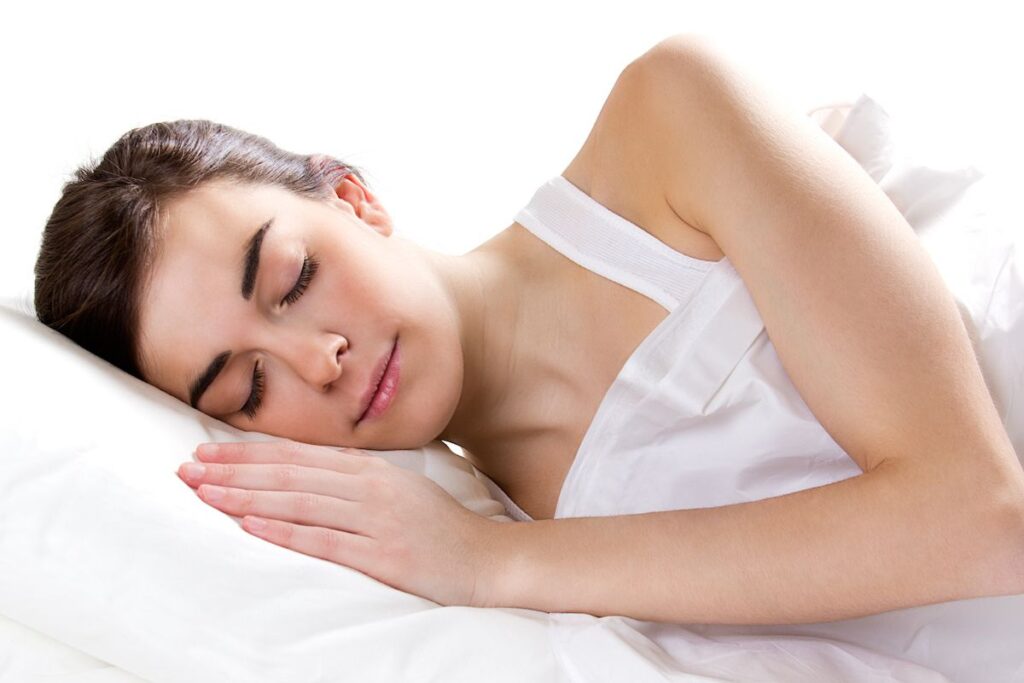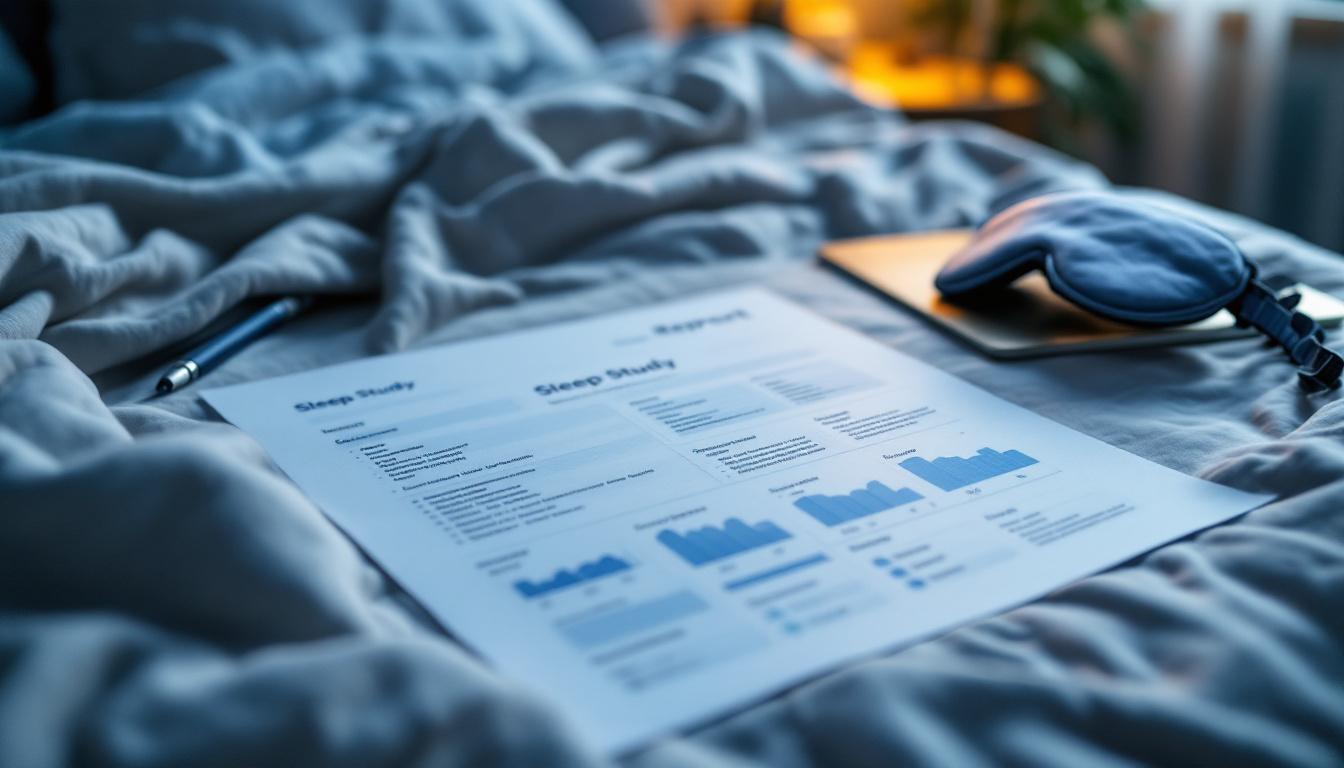Sleep is an essential component of overall health and well-being. For many individuals, however, achieving quality sleep can be a significant challenge. In Brisbane, various sleep testing services are available to diagnose sleep disorders and improve sleep quality. This article explores the available services, their costs, and what to expect during the testing process.
Understanding Sleep Disorders
Sleep disorders encompass a range of conditions that disrupt normal sleep patterns. Common disorders include insomnia, sleep apnoea, restless legs syndrome, and narcolepsy. Each of these conditions can lead to significant health issues, including cardiovascular problems, obesity, and impaired cognitive function. The prevalence of these disorders is alarmingly high, with millions of individuals worldwide affected, highlighting the importance of awareness and education regarding sleep health.
Sleep testing Brisbane provide essential support for individuals struggling with sleep disorders. By understanding the available options, costs, and preparation required, patients can take informed steps towards improving their sleep health. With the right diagnosis and treatment, achieving restful sleep is within reach, leading to enhanced overall well-being and quality of life.
Symptoms and Diagnosis
Recognising the symptoms of sleep disorders is the first step towards seeking help. Common symptoms include excessive daytime sleepiness, loud snoring, difficulty falling or staying asleep, and frequent awakenings during the night. If these symptoms persist, a formal diagnosis through sleep testing may be necessary. It is essential to note that the impact of sleep disorders extends beyond mere fatigue; they can also lead to mood disturbances, anxiety, and a decreased quality of life.

Diagnosis typically involves a comprehensive evaluation that includes a review of medical history, a sleep diary, and possibly a physical examination. In Brisbane, healthcare professionals often recommend sleep studies to gather more detailed information about an individual’s sleep patterns. These studies may take place in a sleep clinic or at home, depending on the severity of the symptoms and the specific disorder being investigated. The data collected can provide invaluable insights into sleep architecture and help tailor an effective treatment plan.
Read more at: Bulk-Bill Sleep Study Brisbane: How to Access It
Types of Sleep Disorders
Different sleep disorders require specific diagnostic approaches. For instance, obstructive sleep apnoea (OSA) is characterised by repeated interruptions in breathing during sleep, while insomnia primarily involves difficulty in initiating or maintaining sleep. Understanding the type of disorder is crucial for effective treatment. Additionally, conditions such as restless legs syndrome can lead to uncomfortable sensations in the legs, prompting an irresistible urge to move them, which can further disrupt sleep. Narcolepsy, on the other hand, is a neurological disorder that affects the brain’s ability to regulate sleep-wake cycles, leading to sudden sleep attacks during the day.
Moreover, the classification of sleep disorders can also encompass parasomnias, which are abnormal behaviours during sleep, such as sleepwalking or night terrors. Each disorder not only presents unique challenges but also requires a tailored approach to management, which may include lifestyle changes, cognitive behavioural therapy, or medical interventions. Understanding these nuances is vital for both patients and healthcare providers in order to navigate the complexities of sleep health effectively.
Available Sleep Testing Services in Brisbane
Brisbane offers a variety of sleep testing services, catering to different needs and preferences. These services can be broadly categorised into in-lab sleep studies and home sleep tests.
In-Lab Sleep Studies
In-lab sleep studies, also known as polysomnography, are conducted in a controlled environment, typically a sleep clinic or hospital. During the study, patients are monitored overnight using various sensors that track brain activity, heart rate, breathing patterns, and oxygen levels.
This comprehensive approach allows healthcare providers to gather detailed information about the patient’s sleep architecture and identify any abnormalities. In-lab studies are particularly beneficial for diagnosing complex sleep disorders that may require extensive monitoring. The environment is designed to mimic a home setting as closely as possible, ensuring that patients can sleep in a manner that reflects their usual habits. Additionally, trained sleep technicians are on hand to assist throughout the night, ensuring that any issues that arise can be promptly addressed, thus providing peace of mind to the patient. Find more about disorders at https://www.mayo.edu/research/clinical-trials/diseases-conditions
Home Sleep Tests
For those who prefer a more comfortable setting, home sleep tests offer a convenient alternative. These tests involve the use of portable monitoring devices that can be used in the patient’s own home. While home tests are less comprehensive than in-lab studies, they can still provide valuable insights, particularly for diagnosing obstructive sleep apnoea.
Home sleep tests typically involve wearing a device that measures airflow, breathing effort, and oxygen saturation during sleep. Patients are usually instructed on how to use the equipment and return it after the testing period. This method not only allows individuals to sleep in their own bed, which can lead to more natural sleep patterns, but it also eliminates the anxiety that some may feel in a clinical setting. Furthermore, the convenience of home testing can encourage more individuals to seek help for their sleep issues, ultimately leading to better overall health outcomes. With advancements in technology, many of these devices are becoming increasingly user-friendly, making it easier for patients to engage in their own health monitoring.
Costs of Sleep Testing in Brisbane
The cost of sleep testing in Brisbane can vary significantly based on the type of test, the facility, and whether the patient has private health insurance. Understanding these costs is essential for individuals considering sleep testing.
In-Lab Sleep Study Costs
In-lab sleep studies tend to be more expensive due to the comprehensive nature of the testing and the resources involved. On average, the cost of an overnight sleep study in Brisbane ranges from AUD 1,500 to AUD 3,000. This price may include the initial consultation, the sleep study itself, and a follow-up appointment to discuss results.
For patients with private health insurance, a portion of the costs may be covered, depending on the policy. It is advisable to check with the insurance provider beforehand to understand the specifics of coverage.
Home Sleep Test Costs
Home sleep tests are generally more affordable, with costs ranging from AUD 300 to AUD 800. These tests are often more accessible for individuals who may be deterred by the higher costs of in-lab studies. Like in-lab studies, some health insurance plans may cover a portion of the expenses associated with home sleep tests.
Preparing for a Sleep Study
Preparation for a sleep study is crucial to ensure accurate results. Whether opting for an in-lab or home sleep test, patients should follow specific guidelines to optimise the testing process.
Pre-Test Guidelines
Patients are typically advised to maintain their regular sleep schedule in the days leading up to the study. Avoiding caffeine and alcohol is also recommended, as these substances can interfere with sleep patterns. Additionally, patients should consult their healthcare provider regarding any medications they are taking, as some may need to be adjusted prior to the test. Click here to find more about alcohol.
What to Expect During the Test
During an in-lab sleep study, patients will be connected to various sensors that monitor their sleep. The environment is designed to be as comfortable as possible, and staff will be on hand to assist throughout the night. For home sleep tests, patients will receive detailed instructions on how to set up and use the monitoring equipment.
Interpreting Sleep Study Results
Once the sleep study is complete, the results will be analysed by a sleep specialist. Understanding these results is vital for determining the appropriate course of action.

Common Findings
Results may indicate the presence of sleep disorders such as obstructive sleep apnoea, central sleep apnoea, or periodic limb movement disorder. Each of these conditions has specific implications for treatment. For example, a diagnosis of obstructive sleep apnoea may lead to recommendations for continuous positive airway pressure (CPAP) therapy or lifestyle changes.
Follow-Up Care
After receiving the results, patients will typically have a follow-up appointment to discuss the findings and potential treatment options. This may involve referrals to specialists, recommendations for behavioural therapies, or lifestyle modifications to improve sleep quality.
Conclusion
For those considering sleep testing, it is advisable to consult a healthcare professional to discuss symptoms and determine the most appropriate testing method. With the right support, individuals can reclaim their nights and enjoy the benefits of restorative sleep.

